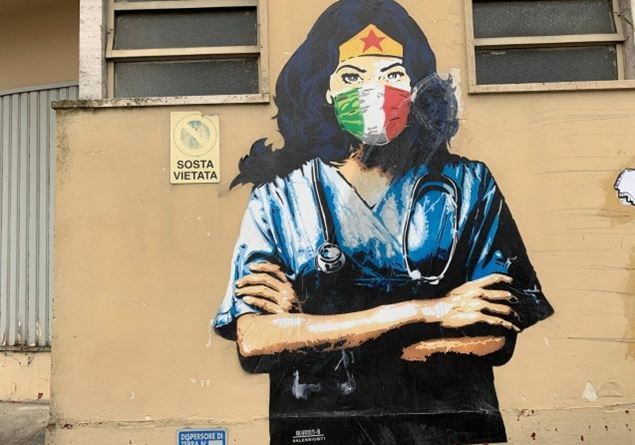FC editorial staff
February 20, 2020, Codogno: many will remember the date and place as “beginning of the pandemic in Italy”. The virus, in truth, had already arrived in our country, but almost nobody was aware of it. That day Mattia Maestri, the “patient zero”, was positive for the infection of the “Chinese virus”, then officially renamed Covid-19. He had a high fever and antibiotics did not take effect. From then on, the escalation in Lombardy and all over the world, with the declaration, on 11 March 2020 by the organization of health, of the state of pandemic. In Italy the dead were almost 200 thousand And, among other things, we also discovered that we did not have an updated national pandemic plan.
Exactly five years later, the Ministry of Health transmitted to the regions the Pandemic Plan valid 2025-2029, “inspired by principles that represent the founding values of our national health service”in particular “justice, equity, non -discrimination and solidarity”.
These are the main novelties and changes. The plan recognizes the use of vaccines, but not as a single contrast tool and provides in some cases restrictions on personal freedom only in the face of “exceptional pandemic”, but without the use of the DPCM, the decrees of the President of the Council of ministers. “It is excluded – in fact, reads the text – the use of administrative acts for the adoption of any measure that may be coercive of personal or compressive freedom of civil and social rights. Only with laws or acts having force of law and in compliance Temporary, extraordinary and exceptional measures can be provided for constitutional principles “.
“Stop the transmission chains of a respiratory pathogen that is spreading in the community can be complicated. For this, in the event of a real and serious risk to public health – it is explained on the plan – it will be necessary to have combined measures which include tests, cases isolation, contact tracking and quarantine implementation of the exposed individuals. The measures must be periodically adjusted according to the local local circumstances and the epidemiological and clinical characteristics of the infection and other factors such as the immunity of the population, the ability of health services and the availability of effective medical countermeasures such as vaccines and therapies ” . Provided in case of need, the appointment of an “extraordinary commissioner for the emergencyan officer appointed by the government that acts in derogation of ordinary provisions and for a determined time, in order to cope with extraordinary events through special executive powers “.
THEThe conflict that could possibly arise between the private and collective sphere, continues, “makes it necessary to operate in compliance with the principle of transparency. The information will be disclosed by the institutions in charge, both to the medical-health personnel and to the non-experts, in a timely and punctual manner, through public communication plans and drawn up in a simple and clear language. Each person must be informed on the basis of scientific evidence regarding the measures adopted, in order to understand the meaning and value of the actions that everyone can perform for the promotion of their own health and the collective one. It is necessary to duly inform the population so that it is fully aware of the public health measures and individual medical documents for which informed consent is required by law“.
The new Pandemic National Plan “was sent to the Regions yesterday, now they are examining it and we will have the response shortly – commented the Minister of Health Orazio Schillaci – There is the economic coverage, scheduled for the financial, which was not there before. Freedoms and above all citizens will be protected “.








